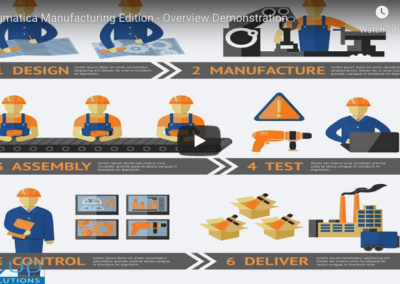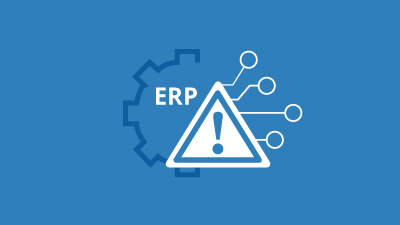5 Trends Shaping the Manufacturing Industry Right Now

In the months following the outset of the 2020 pandemic, manufacturers the world over were faced with unprecedented challenges. These challenges have fueled the emergence of several trends, each of which has the potential to reshape the manufacturing industry as we know it.
Let’s look at 5 trends that leaders in the manufacturing sector are adapting to right now:
1. Investing in ESG
As the worldwide push toward sustainability gains traction, manufacturers are beginning to invest in environmental, social, and governance (ESG) initiatives. Manufacturers that have only recently adopted ESG initiatives and those that have been cognizant of these factors for some time are working to make their efforts more known.
To maximize the efficacy of ESG efforts, manufacturers must find ways to increase data transparency. This work will allow them to precisely track performance-related metrics and more ESG-centric information such as staff diversity.
2. Addressing Intensifying Cybersecurity Threats
Over the last few years, data breaches have increased in both frequency and efficacy. According to IBM, the average cost of a data breach in 2021 was approximately $4.24 million. In 2022, this cost rose to $4.35 million.
These trends have led many business leaders, including those in the manufacturing sector, to revisit their cybersecurity strategies.
One way that manufacturers are bolstering cybersecurity involves replacing antiquated enterprise resource planning (ERP) technology with modern, cloud-based solutions like Acumatica ERP software. Upgrading ERP software allows manufacturers to increase data visibility and shore up potential vulnerabilities.
3. Accelerating Digital Technology Adoption
As the manufacturing industry becomes increasingly competitive, business leaders have been seeking out ways to gain an edge. While there are lots of such tactics available, many of them center around digital transformation initiatives.
By adopting the latest technology solutions, manufacturers can streamline redundant processes, improve inventory management, predict future demand, and optimize cash flow. Once again, ERP software appears to be the most valuable tech investment for manufacturers that are pursuing digital transformation.
ERP software includes a host of financial management tools that can be used to reduce a company’s reliance on redundant manual processes.
Top ERP software developers like Acumatica have made this technology even more appealing by creating manufacturing-specific editions. These editions are capable of facilitating the management of accounting, purchasing, sales, and other core manufacturing-related processes.
4. Preparing for Future Supply Chain Disruptions
The events of 2020 brought about unprecedented supply chain disruptions. While these disruptions are firmly in the rearview mirror, visionary manufacturing leaders are looking to the future so that they can prepare for whatever is next.
No matter how well the lessons learned during the pandemic are applied to supply chain resiliency efforts, another large-scale disruption is always a looming possibility.
As part of their preparatory efforts, manufacturing leaders are adopting new technologies, reworking staffing structures, and replacing inefficient processes with more streamlined alternatives.
5. Striving to Bolster Organizational Agility
The specific definition of “organizational agility” will vary depending on who you ask. However, the phrase generally refers to an organization’s ability to adapt rapidly to emerging market conditions.
From the standpoint of a manufacturer, this may mean pivoting to contend with supply chain disruptions, material price increases, or changes in demand.
It is impossible for business leaders to predict every shift in the market, regardless of how much data they analyze. This area is where organizational agility comes into play. Businesses that are agile will be better prepared to change course on short notice. This agility can reduce the negative impacts of unexpected market condition shifts.
The Bottom Line: Manufacturers Need ERP Software
As you undoubtedly noticed, modernization and digital transformation were common themes in several of the aforementioned trends. Manufacturers must modernize if they want to remain competitive in 2023 and beyond.
While there are many ways in which manufacturers can accomplish this, adopting leading-edge ERP software like Acumatica is one of the most pragmatic approaches.
If your organization operates in the manufacturing space and is ready to implement Acumatica, it is critical that you find a reputable partner like Cloud 9 ERP Solutions.
Cloud 9 ERP Solutions is a Gold Certified Acumatica Partner that has helped numerous manufacturing companies implement the Acumatica ERP software. To get started, schedule a demo with Cloud 9 ERP Solutions or watch our Acumatica Manufacturing Demo below.
Additional Manufacturing Resources
How to Select the Right ERP Software in the Manufacturing Industry
What Is Capable-To-Promise (CTP) Manufacturing? How Cloud ERP Can Help
How Barcode Scanning in Manufacturing Improves Shop Operations




